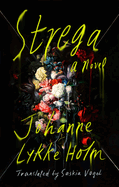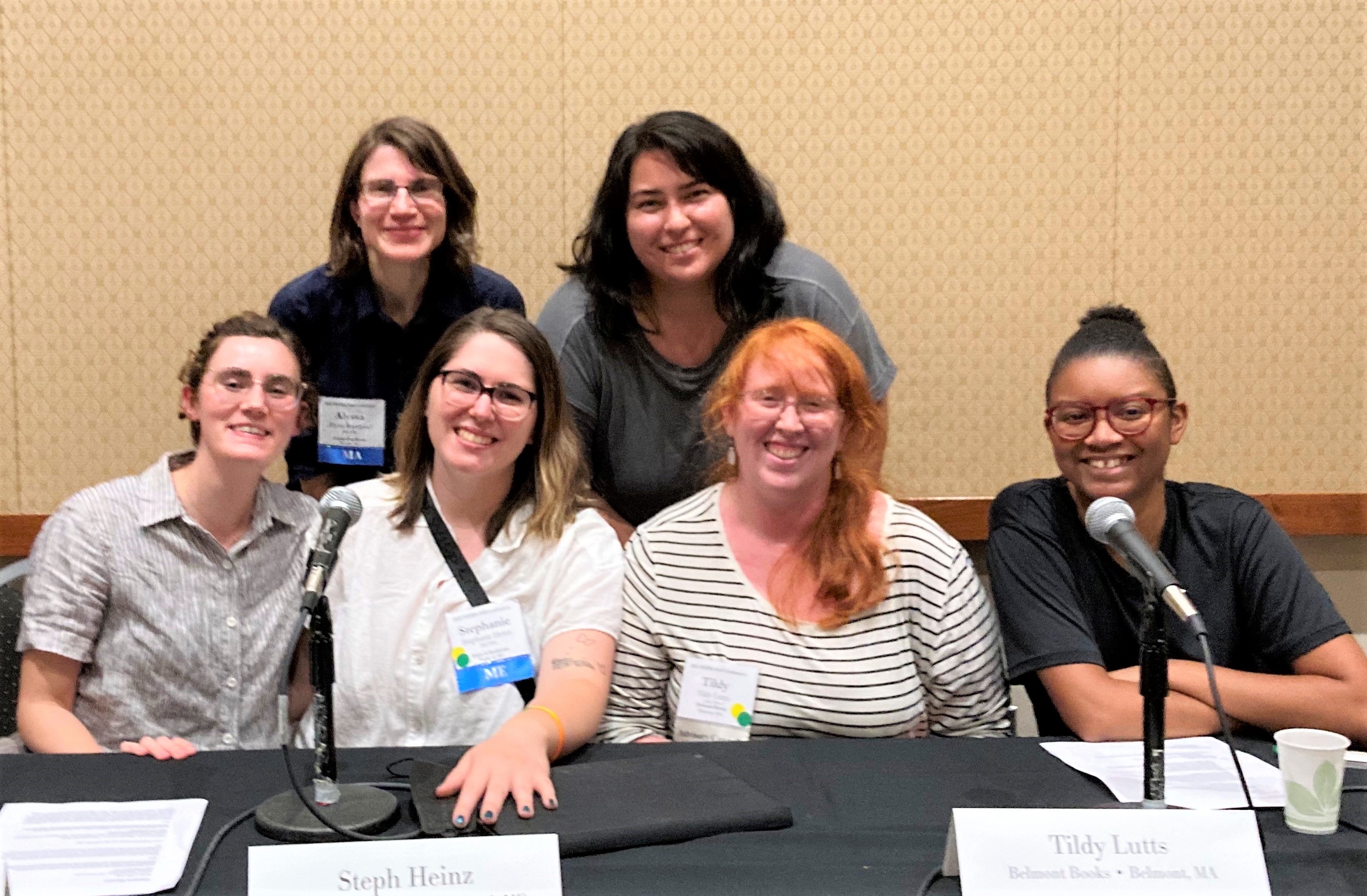 |
|
(back row, l.-r.) Alyssa Raymond (Copper Dog Books), Kimi Loughlin (Buttonwood Books and Toys), (front row) Kinsey Foreman (High Five Books), Steph Heinz (Print: A Bookstore), Tildy Lutts (Barefoot Books), Read Davidson (Harvard Book Store)
|
The New England Children's Bookseller Advisory Council announced its fall Windows and Mirrors list last week at the NEIBA fall conference in Providence, R.I. The list of books is "a thoughtful, inclusive reading list of well-written and well-illustrated 'diverse' books' based on "the concept of windows and mirrors popularized by Dr. Rudine Sims Bishop." Committee co-chairs Kinsey Foreman (High Five Books, Florence, Mass.) and Steph Heinz (Print: A Bookstore, Portland, Maine) sat on a panel with NECBA co-chairs Tildy Lutts (Barefoot Books, Belmont, Mass.) and Read Davidson (Harvard Book Store, Cambridge, Mass.) while fellow committee members Kimi Loughlin (Buttonwood Books and Toys, Cohasset, Mass.) and Alyssa Raymond (Copper Dog Books, Beverly, Mass.) added information from the audience. The group discussed changes in the list--having a shortlist and a longlist, with different titles on both; switching to one list per year instead of a spring and fall list--and talked about the practical uses for booksellers. "I use it as a handselling tool all the time," Lutts said. Davidson uses it "as a tool to pull from when we're picking our holiday books to highlight." The list can be found here.
On the last day of the conference, at the NECBA annual meeting, Lutts announced that Foreman would be taking over her role as co-chair. "Thank you, thank you, thank you," Lutts tearfully said to the audience, "for championing children's books and being a part of NECBA and NEIBA." This moved swiftly into an excellent panel about arts and literacy outreach.
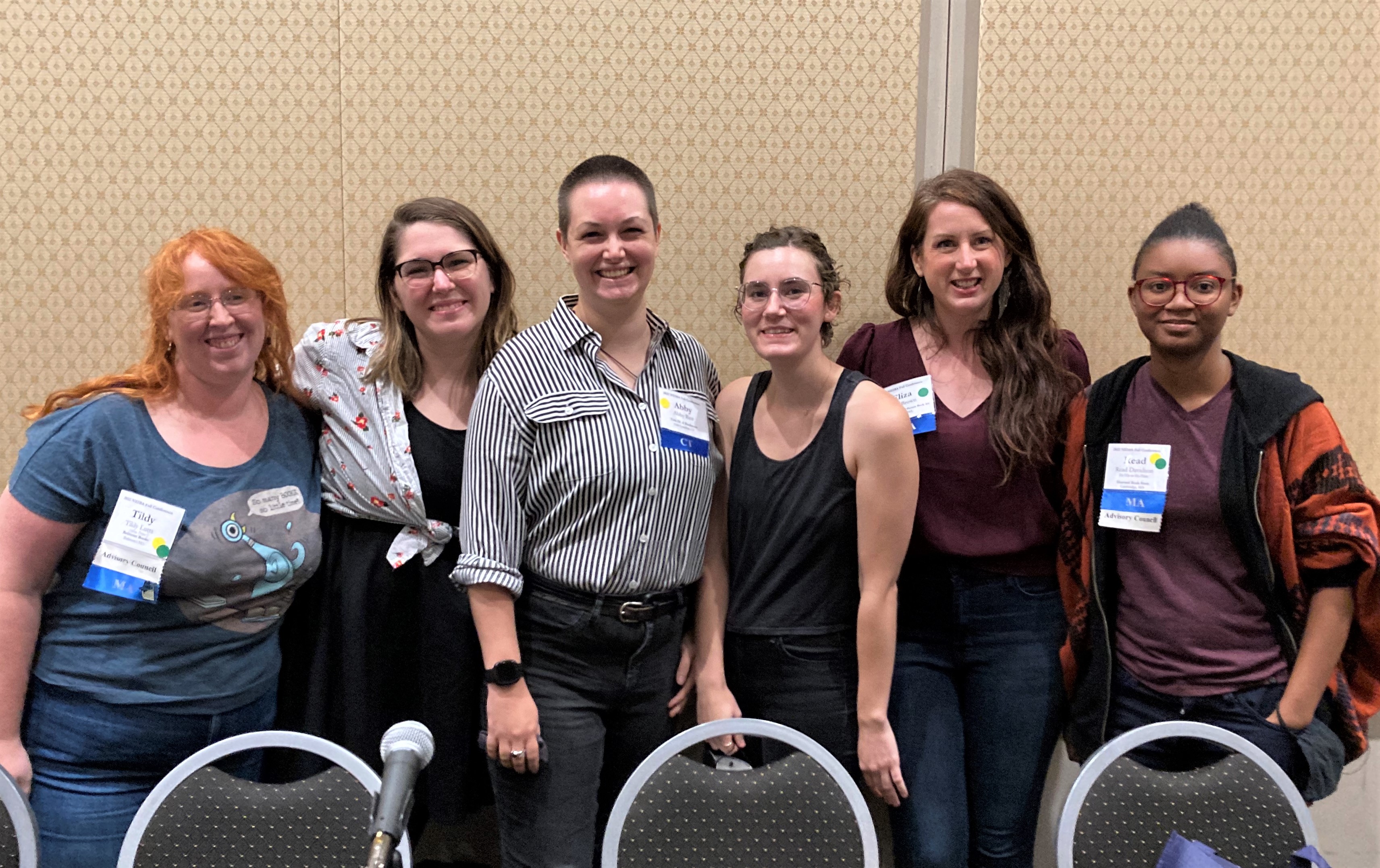 |
|
(l.-r.) Tildy Lutts (Belmont Books), Stephanie Heinz (Print: A Bookstore), Abby Rice (Title IX: A Bookstore), Kinsey Foreman (High Five Books), Eliza Brown (Eric Carle Museum of Picture Book Art), Read Davidson (Harvard Book Store)
|
Heinz moderated the panel, which included Abby Rice (Title IX: A Bookstore, New London, Conn.), Foreman and Eliza Brown (Eric Carle Museum of Picture Book Art, Amherst, Mass.). "So, let's get 'when things go wrong' out of the way," Heinz began. "At our store this summer," Rice said, "we were very excited to try a new thing with a kids' pride carnival in the store. It was a little discouraging during the day... but it was a great template and practice session for next year." Brown sympathized: "We've all had those events where either the books didn't show up on time or no one came, and we were left feeling really embarrassed or stressed out." Foreman expanded on what can be learned from such "failures": "We had an experience earlier this summer where a local teacher put together a conference and they were all talking about racial justice topics. We had, I think, six people total buy books. We learned a lot about the kinds of questions we should ask ahead of time: How is this event going to be advertised? Will we be included in the advertising?" And, Rice added, despite "living in late-stage capitalism" and needing to make money, "outreach over income is kind of a big thing if you're doing kids' events and literacy events"--the store is often able to reap return from word of mouth.
"How do you make sure you build on these failures?" Heinz asked. Foreman mentioned something they had learned at Children's Institute: "Have a debrief spreadsheet after the event--it's amazing how quickly you can forget what happens at an event and having that resource to go back to [is very helpful]." Rice added, "If you are building your event orders in the POS system, there's a customer notes section. Store notes there like, 'Next year, sunscreen!' "
Heinz asked how stores are doing literacy and arts programs. Brown suggested starting with local authors and illustrators to connect with your community: "We did a fundraiser called doodles for dollars" in which illustrators sketched the kids' favorite stuffed animal. It was wildly popular and has been replicated by several different stores across the country." Foreman suggested booksellers "ask people what we can do to support you. It's really easy to assume what people want or what they would like to see. But it can be surprising what people come up with." Rice said that Title IX received a grant through the city of New London, and asked local author/illustrator Juana Martinez Neal to create a mural in the store. They use that space as their "pay it forward" program: prepaid gift cards are hung on the wall and any community member can grab a gift certificate to pay for a book. Brown told booksellers to look for grants and Foreman reminded the audience to "ask publishers for ARCs and freebies to give away."
Mariana Calderon from Savoy Bookshop and Café in Westerly, R.I., spoke about a program in the store: Open Agenda. Savoy has a display of LGBTQ+ titles (primarily middle-grade and young adult) that have already been paid for. This allows community members to come in and take a free queer book. "Find the people in your community who have the money and make them feel guilty," Calderon said, "so you can give the books to those who don't have the money." Several panelists and booksellers in the room suggested offering discounts to customers taking part in paying books forward programs. Brown gave a few options for finding grants, such as state cultural councils, tourism bureaus, bureaus of commerce, foundations and philanthropic organizations about kids or literacy. --Siân Gaetano, children's and YA editor, Shelf Awareness
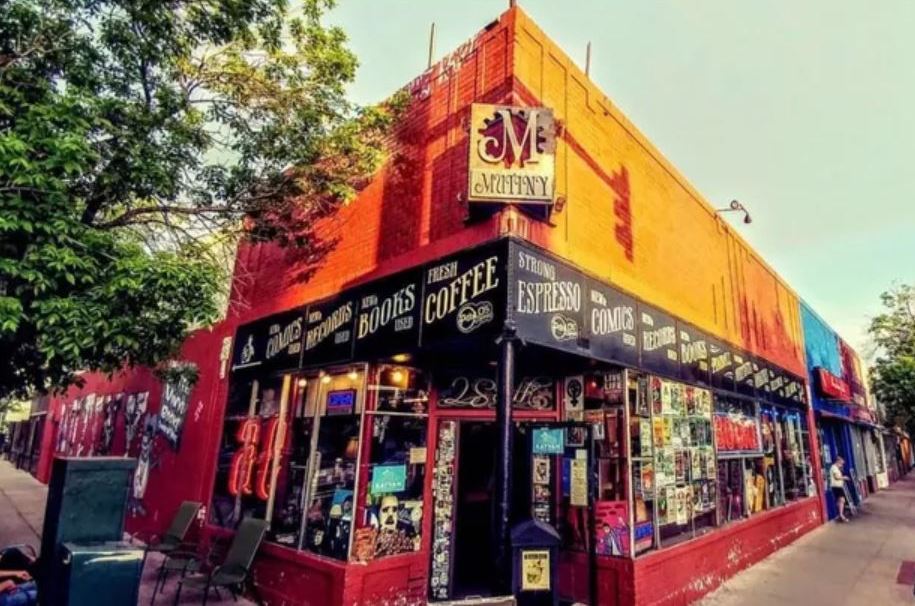











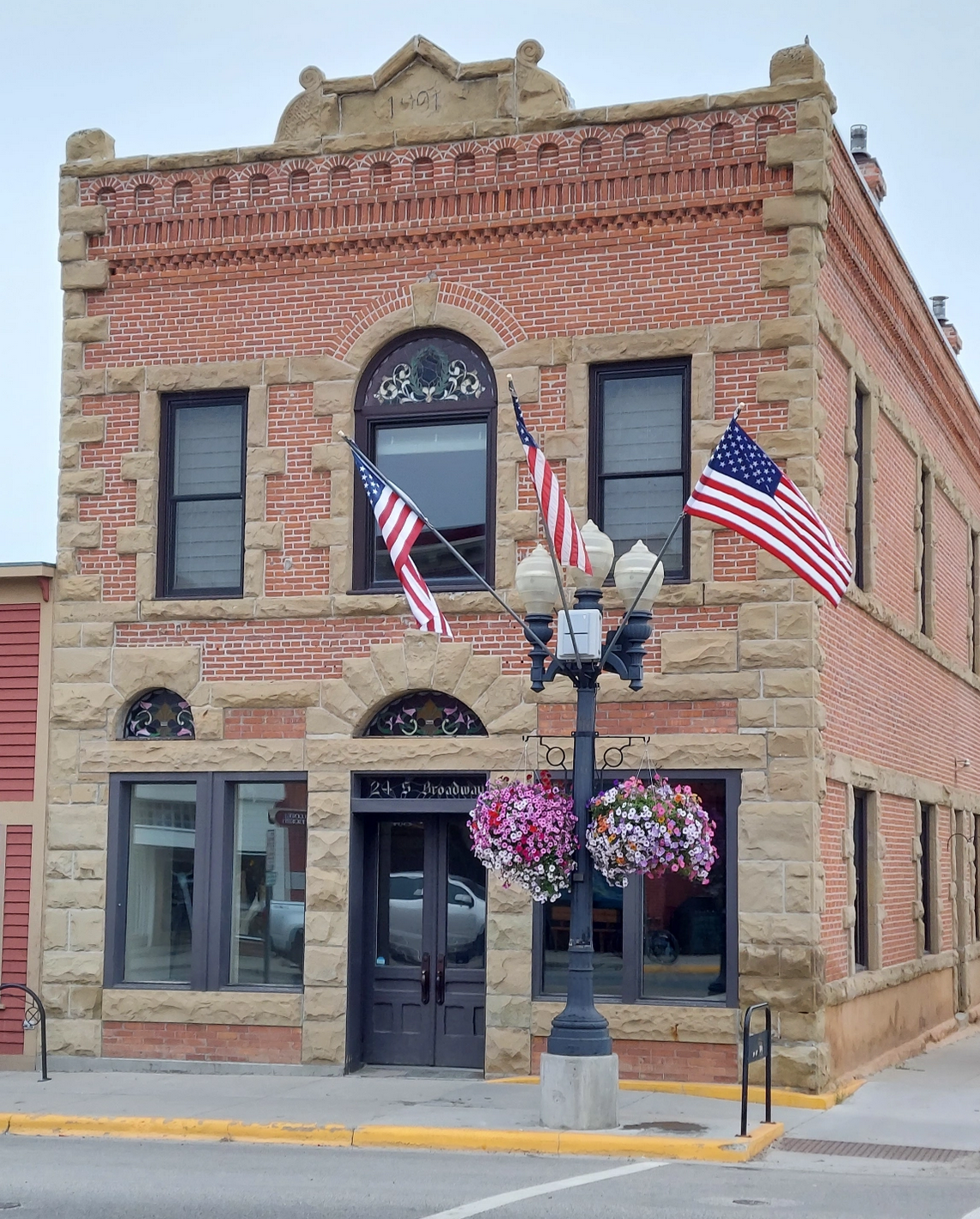

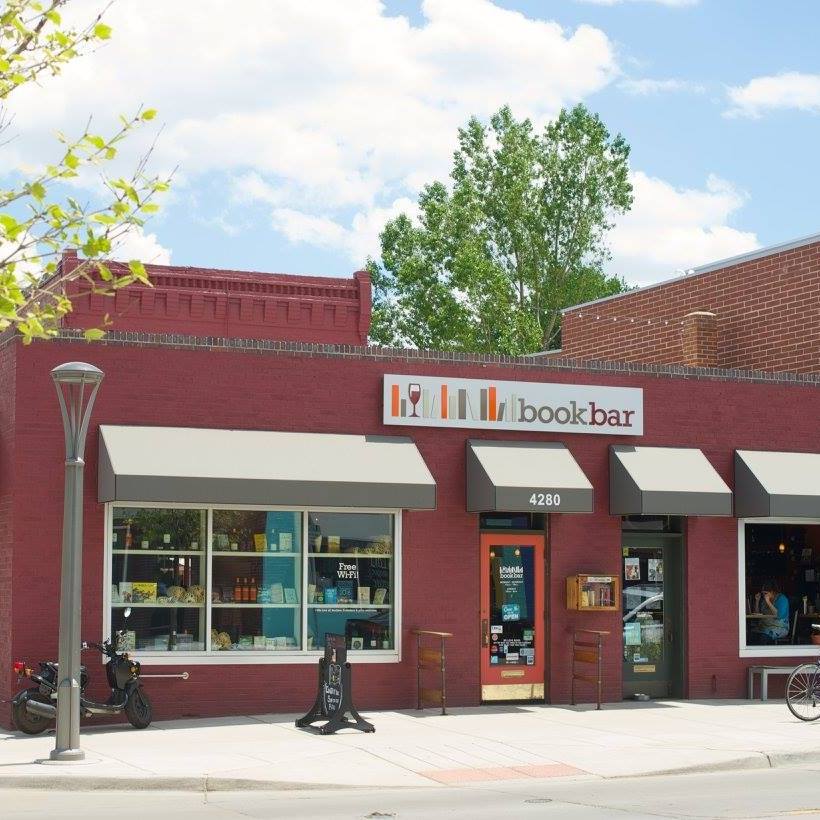 Citing fatigue and rising costs, Nicole Sullivan is closing
Citing fatigue and rising costs, Nicole Sullivan is closing 

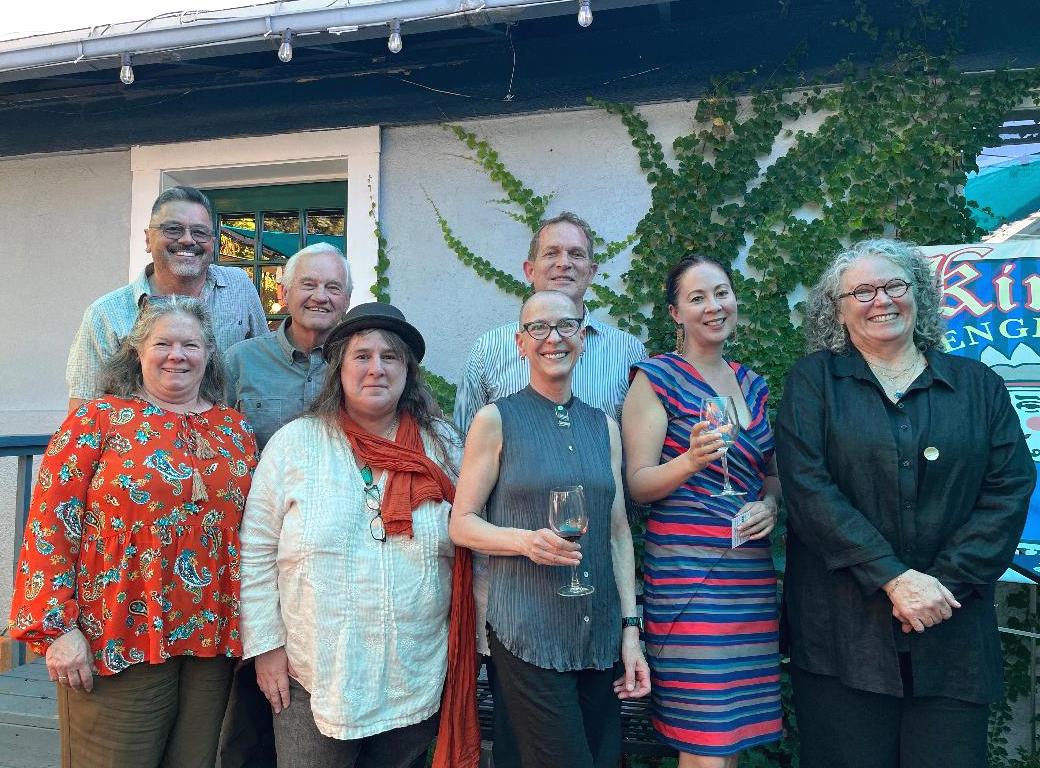
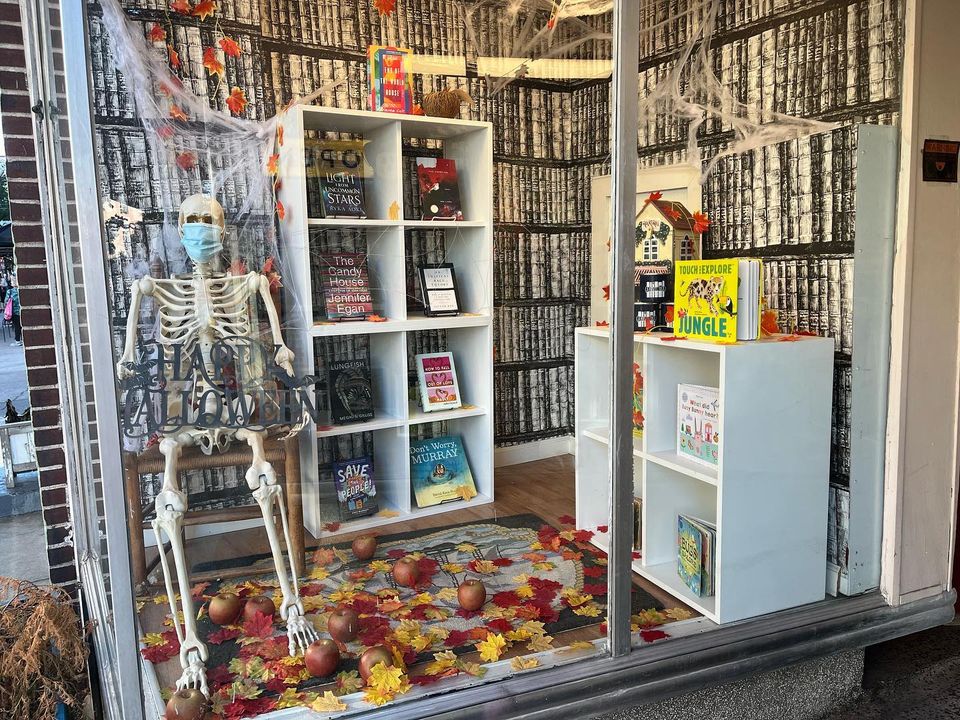 "It's the spookiest time of the year!
"It's the spookiest time of the year! 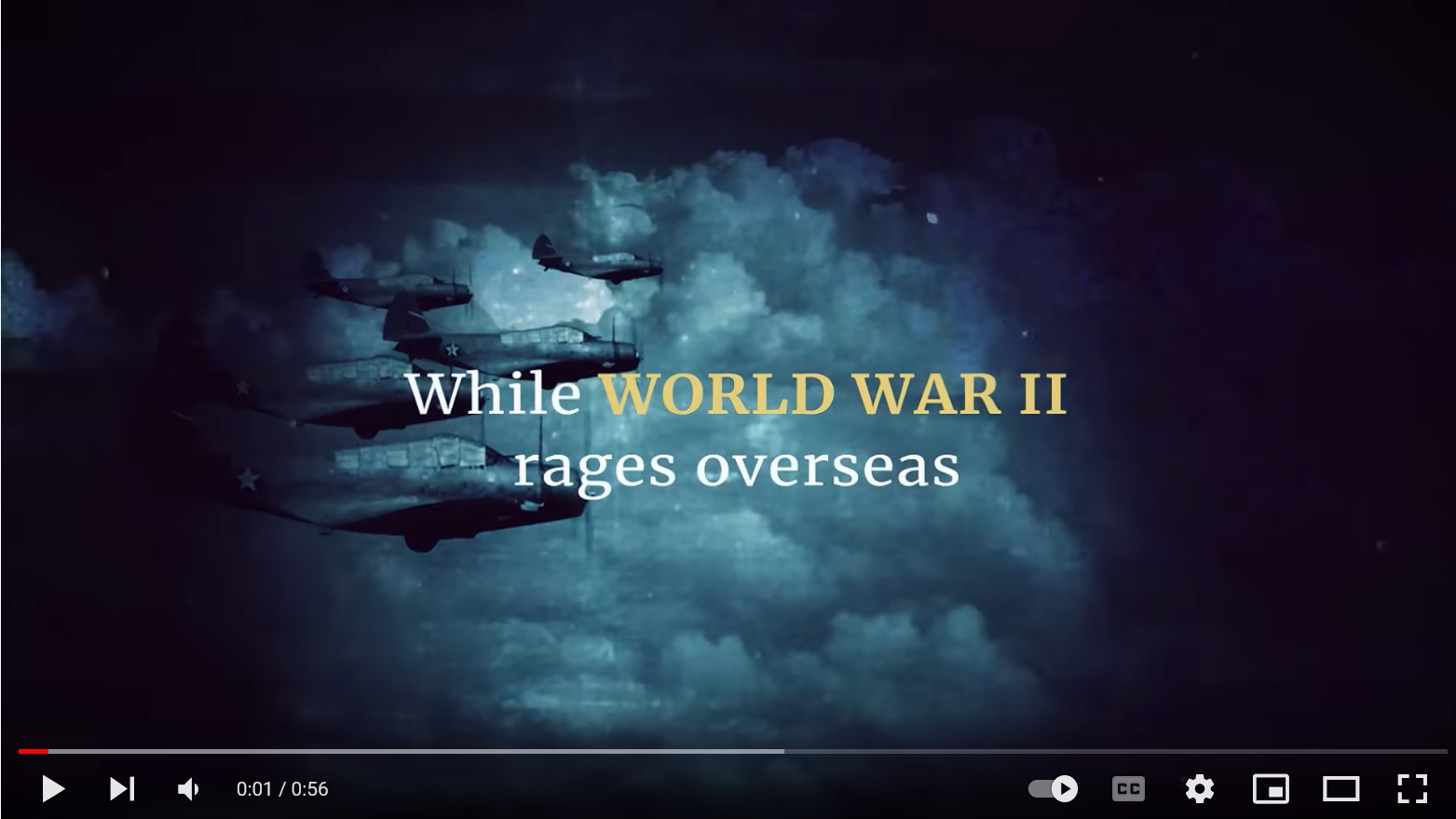 The Ways We Hide
The Ways We Hide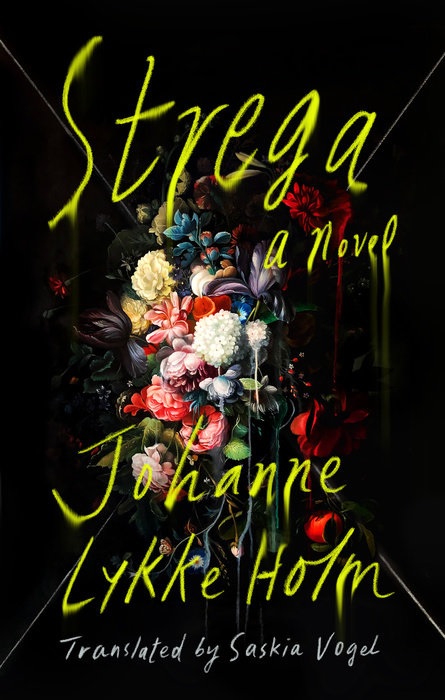 Johanne Lykke Holm's first novel in English, Strega, is a fever dream meditation on girlhood, female friendships and unnamed dangers.
Johanne Lykke Holm's first novel in English, Strega, is a fever dream meditation on girlhood, female friendships and unnamed dangers.